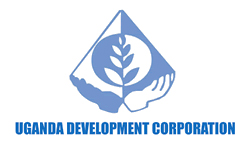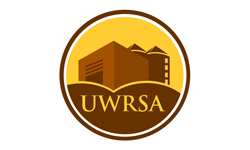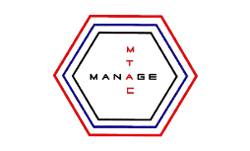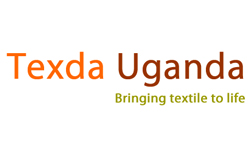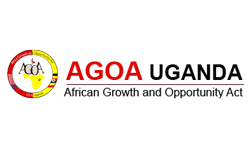Uganda Assumes COMESA Leadership
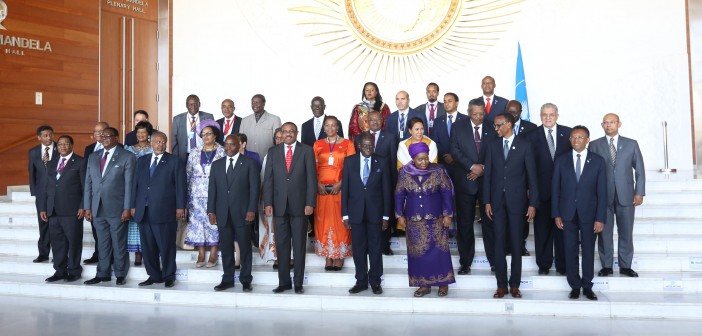
Later this week, Uganda will assume the chair of the Common Market for Eastern and Southern Africa (COMESA), a development that trade experts believe will bring huge benefits to the country.
Despite being a COMESA member, Uganda will for the first time also enter the free trade area (FTA) regime of the regional trade bloc.
Joining the FTA means the tariff charges on the majority of imports and exports between Uganda and other COMESA states will drop to 2% from 10% compared to what is levied on goods from states like China except for sensitive goods.
President Yoweri Museveni is expected to chair the 19-member trade bloc for the next one year.
As the chair, the country will also have the opportunity to influence discussions and decisions especially on trade related matters.
Trade minister Amelia Kyambadde on Tuesday said the chairperson not only influences the outcomes of meetings by building consensus, but also increases the visibility of the country.
Kyambadde said the COMESA summit also provides Uganda the opportunity for sustainable growth through lobbying for increased markets and harmonized operations.
Kyambadde said one of the biggest opportunities from COMESA is the raising of the tax threshold to $2,000 for cross-border trade.
This means small traders and businesses operating in the bloc can carry goods worth up to $2,000 tax free across the borders.
COMESA secretariat has also set up business support centers for documentation for registered small traders.
“This is bringing them into the main statistics for trade, if we want to build our market, we have to look beyond the five countries,” said Kyambadde.
Silver Ojakol, a commissioner for external trade, said the integration agenda is harmonised to a great extent.
“We need to keep the cohesion and integration agenda process sin place,” said Ojakol.
The double chance for Uganda is that it also assumes the chair of the East African Community (EAC) organs starting next month which glides into the bigger picture of allowing the country influence issues by setting a pro-African economic agenda. COMESA rise and Uganda’s gain as chair.
Established in Kampala in 1993, COMESA trade bloc has been the blue print for international trade in the region. It transformed from the previous Preferential Trade Area (PTA).
The trade bloc covers a market size of 389 million people with an import bill of $32b and an export bill of $82b.
The region is Uganda’s main export destination as opposed to the previous western markets that took up high value products.
It took a 59% market share of Uganda’s exports in 2010 falling to 61.3% in 2009.
As major economic blocks like the EU slide into recession and are threatened with break ups, COMESA has provided its member states with a lifeline because former exports destinations began to shrink amidst declining demand in the 2008 economic downturn till today.
Also, remittances from citizens abroad slackened.
But COMESA continued to provide both a strong market and a trade lifeline for its members.
For instance, the small southern African state of Swaziland exports about $20m worth of concentrate (bi-product from sugar) into Uganda. This further illustrates the strength and significance of Intra African trade.
“In a volatile global economic region, it is COMESA which has remained buoyant and has provided a bail out for states like Uganda, just imaging how Swaziland would be hurt if this market was not there,” said Ojakol.
For Uganda, Europe’s economic chaos will continue to impact on exports of flower especially coffee, tourism, fish as demand shrinks amidst less economic growth and a falling gross domestic product.
Because of this double chance; Uganda according to trade officials, is going to try as much as possible to move the integration agenda because the country has broader interests of what it wants to produce especially in agriculture.
“More and more of the goods going to northern Tanzania, Rwanda, Burundi are made in Uganda,” notes Ojakol. These include detergents, cooking oil, building materials, drugs.
The other is that having hosted major conferences like Commonwealth Heads of Government Meeting, African Union, and Inter Parliamentary Union, the country is in the lime light again as a major conferencing destination.
“Your limelight should not dim, having 19 countries is not simple, it is good for tourism, good for business-one day we can talk of a grand prix or grand slam,” says one analyst.
Source: http://www.newvision.co.ug/news/637274-uganda-assumes-comesa-leadership.html

